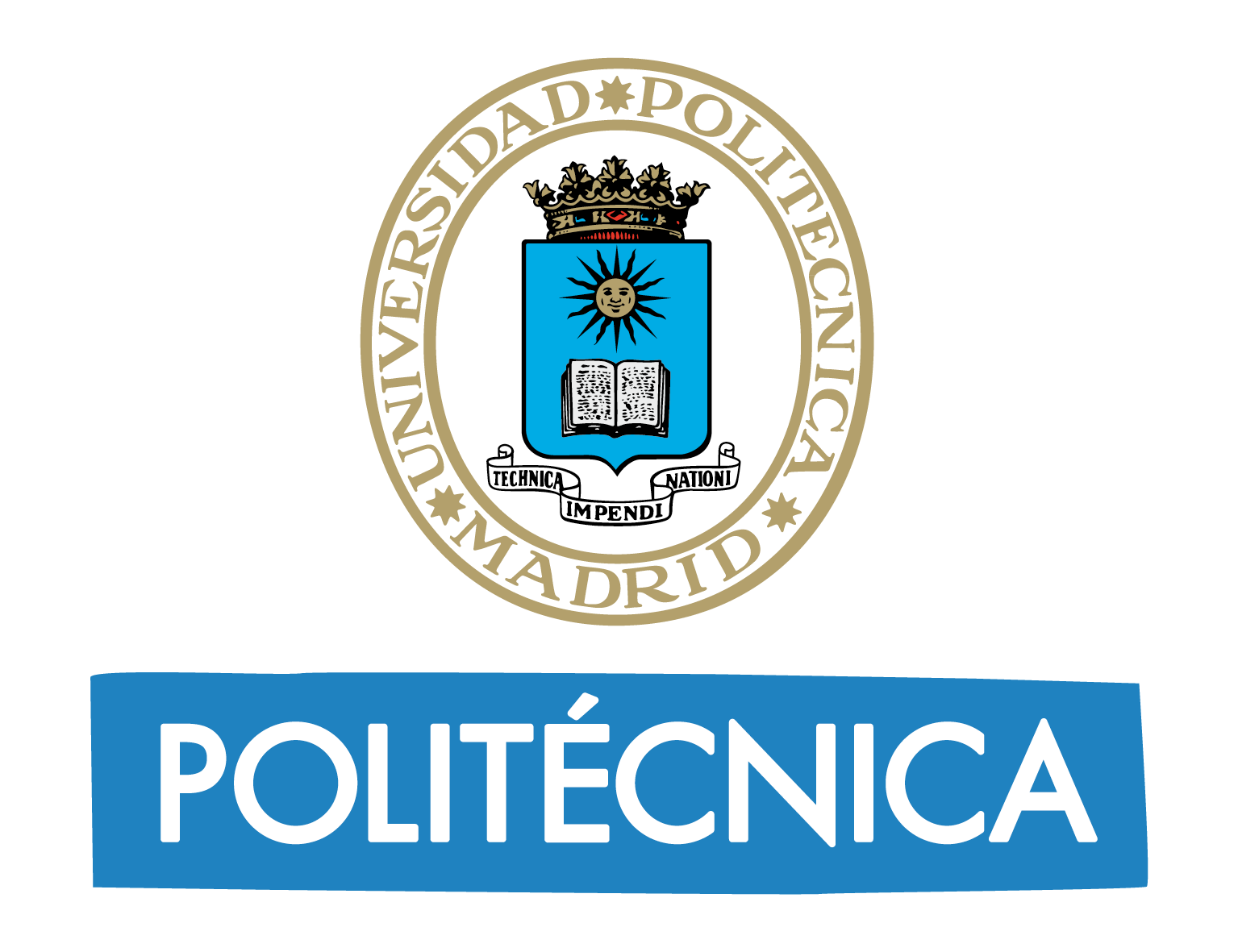Informatics Engineering
| Centre | ESCUELA TECNICA SUPERIOR DE INGENIEROS INFORMATICOS |
|---|---|
| Official Degree | Informatics Engineering |
| Web | http://muii.fi.upm.es |
| Area | Information and Communication Technologies |
| Modality | On-campus education |
| Credits | 120 ECTS |
| Languages | Spanish |
| Orientation | Professional |
| Places | 70 |
| Contact | Coro Pérez 910672744 master.ii@fi.upm.es |
| Presentation | The Master in Informatics Engineering is a course focusing on professional practice. This degree course develops and furthers training related to leadership and management, and rounds out and focuses on specialized technologies associated with a broad spectrum of ICT job profiles. Graduates of the Master in Informatics Engineering are practitioners that have a broad scientific, technological and socio-economic grounding, trained to lead and manage development and application projects in the field of computing.Additionally, the Master program will allow students who wish to register in different certifications highly valued in the current labor market. The overall aim of this degree course is for students to acquire the following competences, abilities and skills: An ability to plan, calculate and design the whole range of informatics engineering products, processes and installation An ability to manage computer system works and installations in conformity with the applicable regulations and assuring quality of service An ability to lead, plan and supervise multidisciplinary teams An ability for mathematical modelling, calculus and simulation in technology and business engineering centres, focusing on tasks of research, development and innovation across all fields related to informatics engineering An ability to draw up strategic planning, management, coordination, technical and financial management plans across all fields of informatics engineering in compliance with quality and environmental standards An ability for general management, technical management and research, development and innovation management in businesses and technology centres in the field of informatics An ability to set up, lead and manage computer equipment manufacturing processes, assuring the safety of people and property, and final product quality and approval An ability to apply the acquired knowledge and solve problems in new or unfamiliar environments within broader and multidisciplinary settings and to integrate knowledge. An ability to understand and apply the ethical liability, legislation and professional code of conduct related to the professional practice of informatics An ability to apply the principles of economics, and human resources and project management, as well as computing law, regulations and standards To qualify for the degree, students must earn 120 ECTS credits across four terms. The degree programme is divided into the following modules: MODULES COURSE UNITS ECTS LEADERSHIP & MANAGEMENT Compulsory 12 INFORMATION TECHNOLOGIES Compulsory 48 COMPUTING INTENSIFICATION Optional 30 PRACTICAL ASSIGNMENT Compulsory 12 FINAL MASTER PROJECT Compulsory 18 TOTAL ECTS 120 Students are expected to complete, submit and defend a project, an original piece of work completed individually. This piece of work shall be a professional informatics engineering project. Students shall be entitled to opt to complete their practical assignment and/or project at the Facultad de Informática, at an external academic or research centre, preferably abroad, or at a company with which the Facultad de Informática has entered into an educational agreement. |
| Interuniversity | No |


